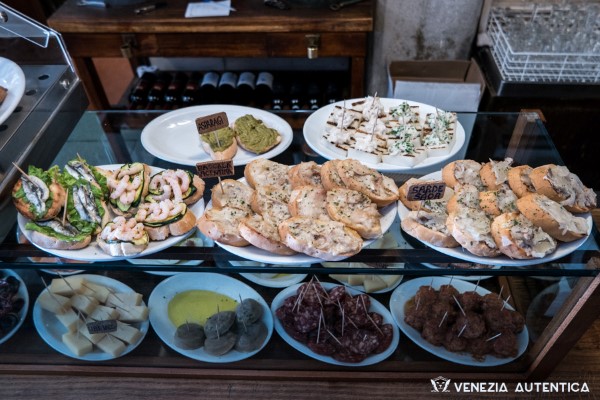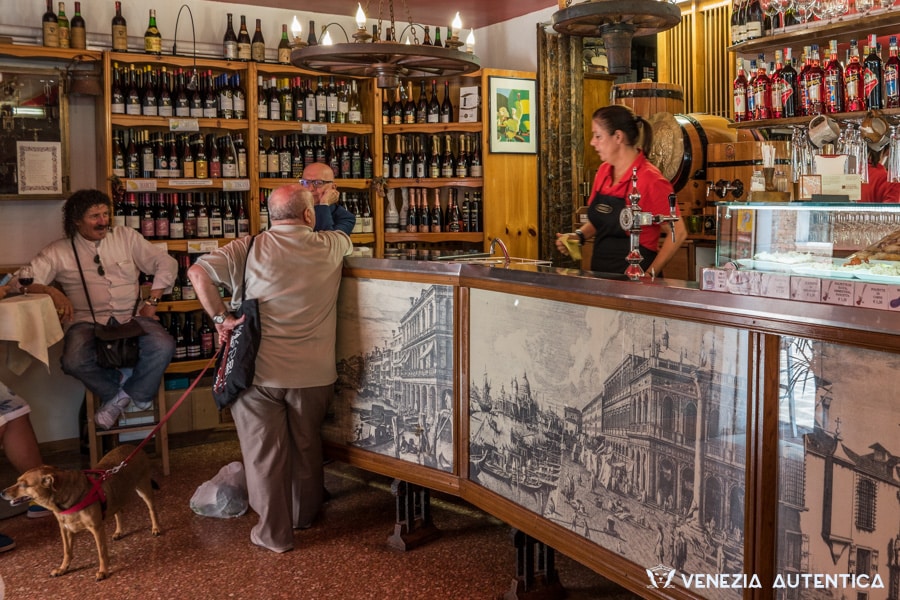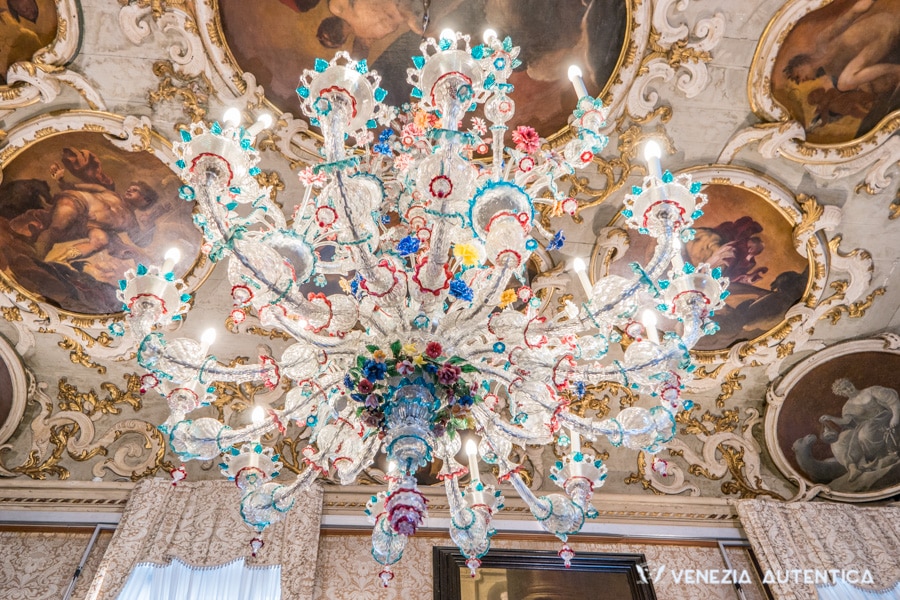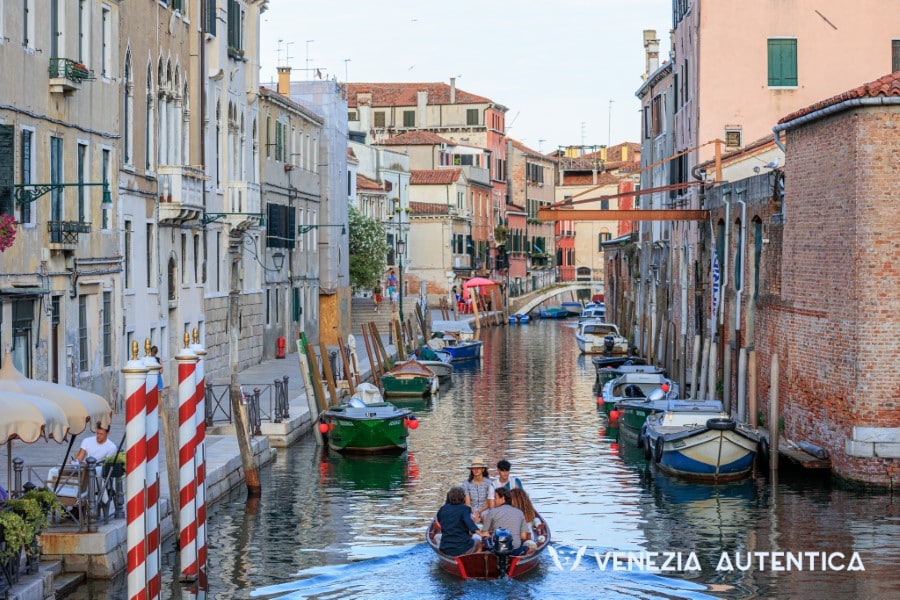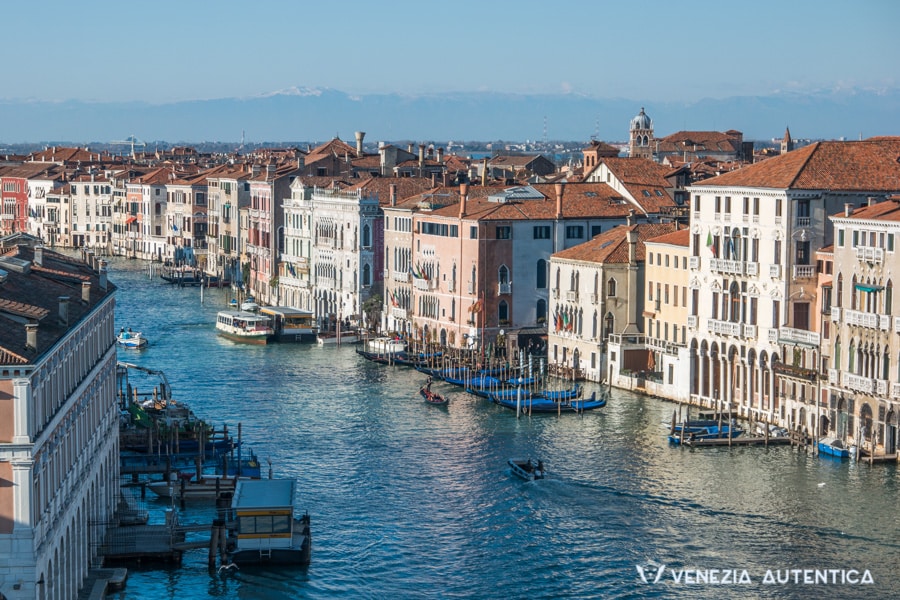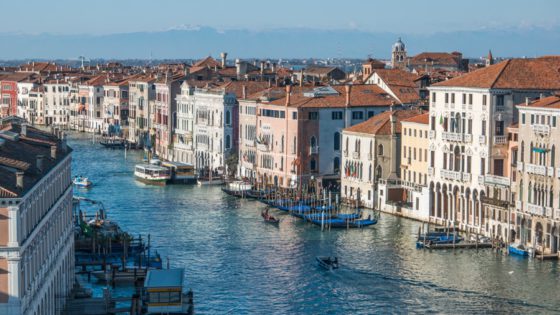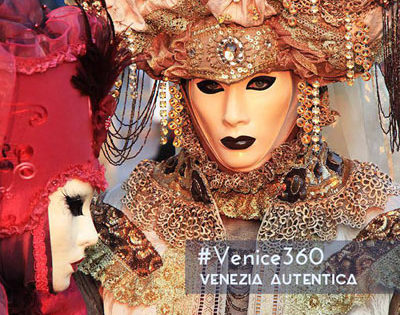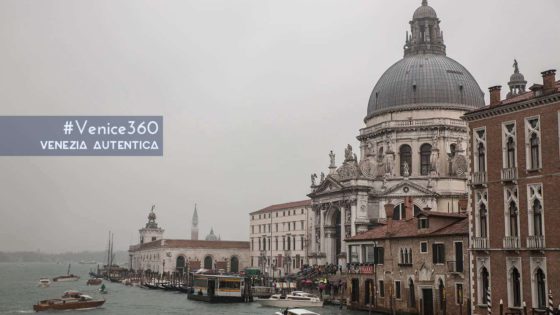Venice cicheti
Are you looking for information about Venetian finger food aka cicheti (in Venetian) or cicchetti in Italian?
Well then, let’s get started!
Cichetti in Venice, to feel like a local
If you ask us “what could I do to live Venice like a local?”, one of our top answers would be to go have some cicheti in a Venetian bacaro, a local wine bar.
That is a fun and inexpensive way to try fresh and delicious local finger food, and it will bring you closer to the Venetians and their lifestyle.
P.S: If you want to read more about local food in general, we wrote an entire article about Venetian cuisine.
What are cicheti?
Cicheti are small, affordable, and are eaten with your hands while standing. It can be meatballs, fried zucchini, fried squid, baby octopuses, boiled eggs with sardines, slices of bread with baccalà (creamed cod), fried mozzarella and hundreds of other possible traditional or original creations, but all of a small size or served as a very small portion.
Cicheti cost around 1-2€ each, and are (almost) always enjoyed by the Venetians with an “ombra” (a small glass of local red or white wine) or a prosecco (a sparkly local wine).
Venetian fingerfood language: cicheto, bacaro, ombra
First of all, let us tell you about the interesting origin of 3 important words: Cichetto (finger food), Bacaro (traditional Venetian tavern), and Ombra (small glass of local wine).
“Cichetto“, in Italian cicchetto, likely derives its name from the latin word “ciccus”, which means “small quantity”. One of the main characteristics of cicheti is indeed being a “small quantity” of food.
The word “bacaro“, which indicates the traditional Venetian wine bar, is thought to have godly origins… literally! Since “Bacco” is the ancient roman name for the god of the grape harvest and wine, Venetians chose to call “bacari” the wine street vendors coming to Venice for selling their products.
In Venetian “ombra” means both “shadow” and a glass of wine. Wine street vendors, in order to protect their jugs from direct sunlight which would ruin their wine, were to be found in the shade (“ombra”) of bell towers in Venetian squares. For this reason, Venetians wanting a glass of wine would say “let’s go get some shadow” to indicate the location where wine street vendors could be found. Since then, a glass of wine is called a “shadow”, or un'”ombra”.
Why are cicheti so important in Venice?
Because cicheti are and have always been part of the Venetian lifestyle. Just like rowing boats and walking, eating cicheti is an essential part of how Venetians live the city.
Cicheti are delicious, fresh, fast and inexpensive, and adapt therefore to many informal situations. Alone for a quick stop before lunch or with your friends for a nice chat together, in every case cicheti are meant to be enjoyed while standing on your feet and ready to walk out again, as typical of the Venetian culture.
Venice is lived by foot. By foot you reach a “bacaro”, on your feet you have a few cicheti and, still by foot, you leave towards a new destination… which could be another bacaro with its own unique home-made cicheti.
In which occasions do you eat cicheti?
You’re feeling a bit hungry, you get yourself a cichetto. You fancy something nice, you get yourself a cichetto. You’re busy working and you have no time for lunch, you stop for a few minutes and have a few cicheti. A friend stops by at your shop, you close down 5 minutes and go for a cichetto. You are done working, you stop for a cichetto on your way back home. You bump into a friend on the street, you stop for a cichetto. You fancy someone, you invite that person for some cicheti. You and your friends want to spend the whole evening together, you stop in many bacari and have cicheti and wines in all of them!
At which time of the day do you eat cicheti?
Traditionally Italians have a light breakfast at home with a coffee and some milk with cereals or bread and marmalade, or in a cafeteria with a croissant and a cappuccino, or no breakfast at all; as a consequence, there is no demand for savory food in the morning. Cicheti are prepared and offered therefore only starting by late morning.
Can you dine on cicheti?
Of course you can, it’s fun! At times Venetians enjoy meeting their friends and doing a sort of bacaro-crawling.
Starting off in a certain bacaro, Venetians order a few cicheti and a few “ombre” and have them while chatting with their friends and other customers, standing inside or outside of the bacaro. Usually, there are a few more rounds of orders and chatters, until someone suggests going to another bacaro near by. Just like with the first bacaro, orders and chatting starts, there are a few rounds of food and drinks, until someone suggests another bacaro in the surroundings and everybody decides to move to the next place. The evening proceeds as such, moving through the city from one favorite place to another.
As the evening is fun and affordable, and the cicheti tasty and all different, people can end up eating quite a lot and drinking just as much. If for once you exaggerate, it won’t be too much of a problem: in case you ate too much, the fact that Venice is a pedestrian city will force you walk and help your digestion; if you drank too much, likewise, you will have to move by foot, and the worst crash you could face would be bouncing from one side to the other of a narrow alley, unable to walk straight!
I'm visiting Venice. Why should I follow your recommendations?
The way you visit Venice has an impact both on the quality of your experience and on Venice itself. Chilling, exploring, shopping, eating and drinking where the locals do, can make a huge impact both on the memories you bring home and on the local economy and community.
Home >> Venice and Venetians >> Venice Explained >> You’re Here
Facts, Curiosities, History of Venice, Italy
More about life in Venice, Italy

